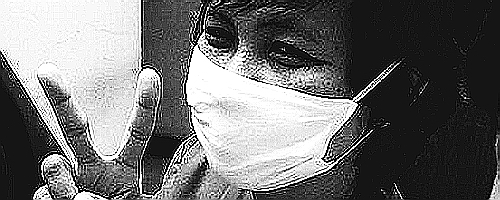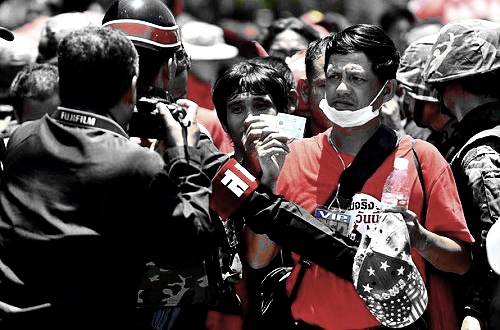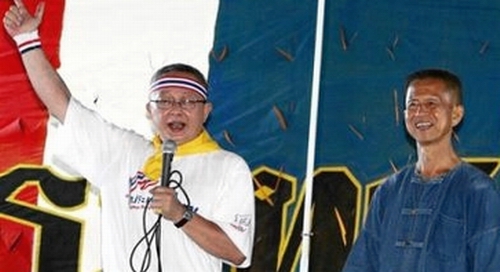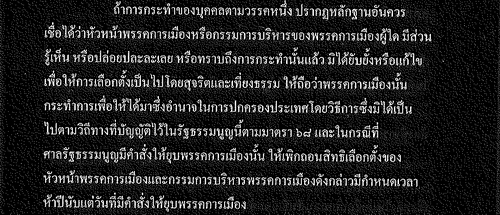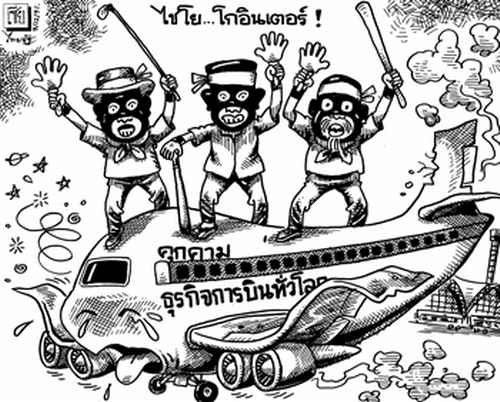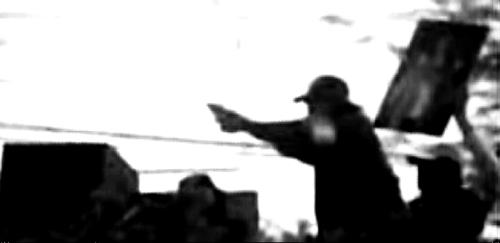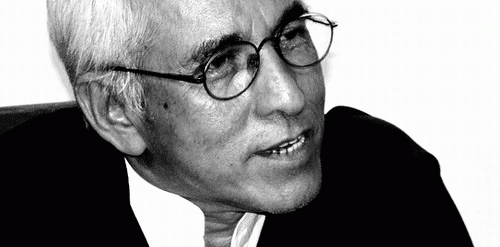
"We want to complain about a missing husband. He left home to join the Red Shirts and went missing." "He went missing on the day the army broke up the mob?" "No. On the day the police summoned him."
At a meeting of lawyers and jurists in Hong Kong this week a participant from Thailand identified the key issue for her country’s legal system as political control of the judiciary. Her statement was remarkable not because it revealed something that other participants didn’t already know, but because not long ago few professionals from Thailand willingly admitted that their laws and courts operate according to double standards. Now, few can deny it.
The double standards have been all too apparent this month. Following protests that forced leaders of the Association of Southeast Asian Nations and partner countries to flee from a summit venue in Pattaya, the incumbent prime minister, Abhisit Vejjajiva, imposed a state of emergency as blockades and violence spread in Bangkok. The army deployed. A court promptly issued arrest warrants for the red-shirted demonstrators’ leaders. Some were quickly rounded up and detained, while others went into hiding.
By contrast, the yellow shirts that took over Government House and two international airports for an extended period last year were allowed to stay put until the government was forced out through a court ruling on a narrow question under the army-imposed 2007 Constitution. No soldiers came to eject them. The legal process took weeks to move against the organizers. When the new prime minister was questioned on the authorities’ inactivity he disingenuously said that it was a matter for the police, not him. The criminal inquiries have been repeatedly postponed and at no time have the yellow shirts’ leaders been held in custody. One of them, businessman Sondhi Limthongkul, last week survived a shooting attack on his car.
Although the ousted Thaksin Shinawatra regime undermined the work of the upper courts, it was the 2006 military coup that brought them back firmly and openly under executive control. The coup leaders shut down a senior court, appointed a tribunal in its stead, had it go after the former premier, declared themselves immune from prosecution and proclaimed all their orders lawful. After voters re-elected Thaksin allies to the lower house of parliament (top judges are now responsible for the upper), it took two absurd legal cases against successive prime ministers for the coup-makers to finally get a government after their own heart, rather than one that the electorate wanted. The judges responsible for the verdicts included men who owed their jobs to the generals.
The double legal standards in the handling of rival political camps have done nothing to diminish the likelihood of further bloodshed and uncertainty in the near future. On the contrary, the obvious differences in how the yellow shirts and red shirts have been treated will only encourage government opponents to resort to increasingly extralegal means to get their way. Both sides and their backers have the aptitude and means for violence. Thanks to the politicizing of Thailand’s courts, now they have more appetite for it too.
Source: Thai courts’ use of legal double standards encourages extralegal means by opposition
